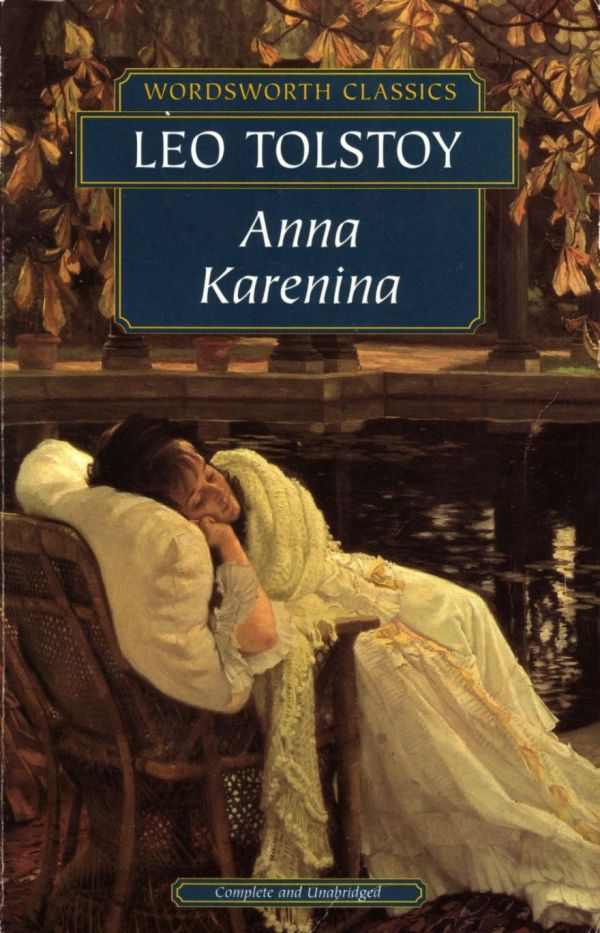
Even
the most talented fiction writers start with a kernel of truth. What?
You thought novelists just made up stories? Well, yes, mostly, but even
the most outlandish tales are born of elements the author knows.
Sometimes they are true stories that hit close to home, like the
inspiration for
Anna Karenina.
In January
1872, the death of a 35-year-old woman was reported in the Russian
press: smartly dressed and carrying a bag containing a change of
clothes, the girl had thrown herself under a freight train at Yasenki
Station outside Moscow. The woman was identified as Anna Pirogova, a
distant relative of Leo Tolstoy's wife and the mistress of his good
friend and neighbor, Alexander Bibikov. It soon transpired that
Alexander had told Anna that he planned to leave her and marry his son's
new governess, and, unable to cope, she had left him a brief note --
"You are my murderer; be happy, if an assassin can be happy" -- and
fled. Tolstoy himself attended Anna's post-mortem the following day, and
by all accounts the sight of the unrecognizable body of a woman he had
known so well stayed with him long afterwards, so that when he came to
begin a new novel more than a year later he already had its tragic
conclusion in mind.
You have to wonder how Bibkov liked his friend's resulting novel. From
Frankenstein to
Catch 22, find 14 more stories of
how classic novels were inspired at HuffPo.
 Even
the most talented fiction writers start with a kernel of truth. What?
You thought novelists just made up stories? Well, yes, mostly, but even
the most outlandish tales are born of elements the author knows.
Sometimes they are true stories that hit close to home, like the
inspiration for Anna Karenina.
Even
the most talented fiction writers start with a kernel of truth. What?
You thought novelists just made up stories? Well, yes, mostly, but even
the most outlandish tales are born of elements the author knows.
Sometimes they are true stories that hit close to home, like the
inspiration for Anna Karenina.
No comments:
Post a Comment